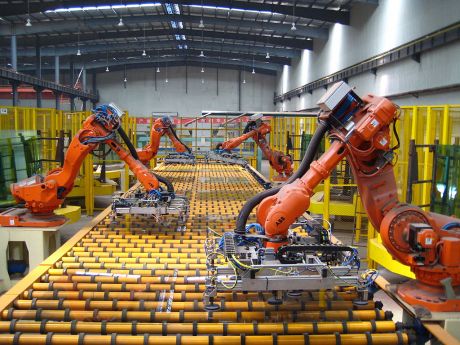Composites' combined strength and lightness as well as low cost make
them ideal for numerous industries. However, there are substantial
ecological trade-offs. They also pose health risks for the people who
manufacture them.
Faced with these challenges, the EU-funded
REFORM (Resource-efficient factory of recyclable manufacturing composite components) project aimed to revolutionise the composite life cycle by identifying ways to reduce the waste, energy and water consumption, and health risks associated with raw material mining, production, and eventual disposal or recycling.
The REFORM team explored and finalised two specific production technologies aimed at reducing energy use and scrap waste: laser-assisted and augmented reality. Demonstrator parts have been defined and several prototype parts have been built for assessment by end users. In the final year, these technologies will be implemented on the demonstrators and then evaluated.
Researchers also investigated abrasive water jet technology as a more efficient method for trimming and cutting composite components. The technology was specified and all new system prototypes have been developed and installed, and are now ready for testing. Another notable finding was that the use of abrasives was responsible for 60 % of the cutting cost.
Dissemination activities include a website that serves as a resource channel, a mailing list for the consortium, and banners and leaflets for various events. In addition, 16 papers have been written, some of which have already been published.
Project partners are identifying exploitable outcomes and determining the most appropriate ways to benefit from them. They are also identifying potential business opportunities for the technologies.
As the project nears its end, REFORM partners anticipate developing resource-efficient and clean technologies for the manufacture of composite materials. This will allow fully green and economically viable composite production methods to be integrated into the eco-factory of the future.

